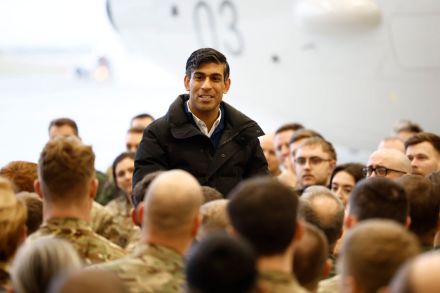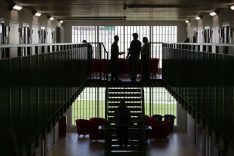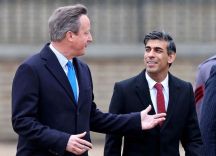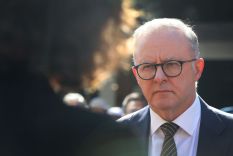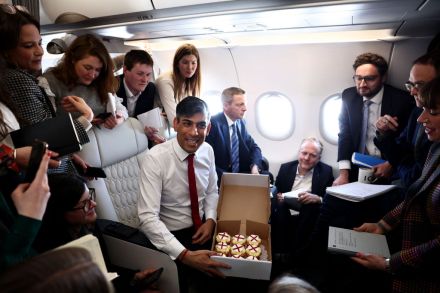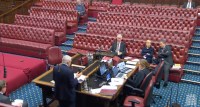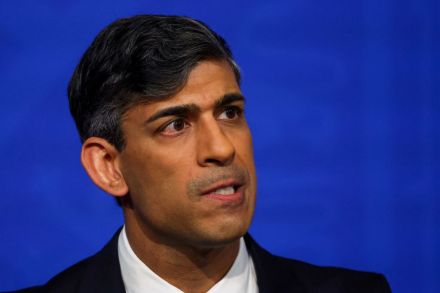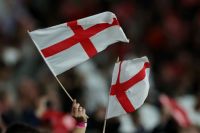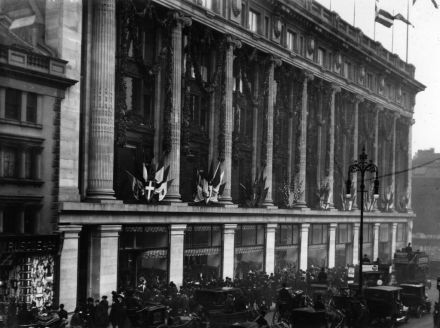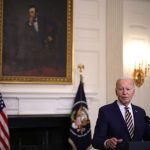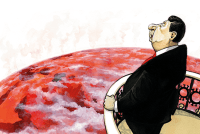Rishi Sunak vows to boost defence spending to 2.5 per cent of GDP
After finally getting his Rwanda legislation through the Lords, Rishi Sunak is in Warsaw today to meet with Nato Secretary-General Jens Stoltenberg. There, the Prime Minister is expected to announce that Britain will spend 2.5 per cent of GDP on defence by 2030. Previously the government line has been that the Tories will increase defence spending to 2.5 per cent ‘as soon as economic conditions allow’. The pledge would mean the UK would be committed to spend £70 billion more on core defence spending over seven years than it does currently. The expected announcement comes after Sunak has faced criticism from his own side on the issue. Tory MPs have
